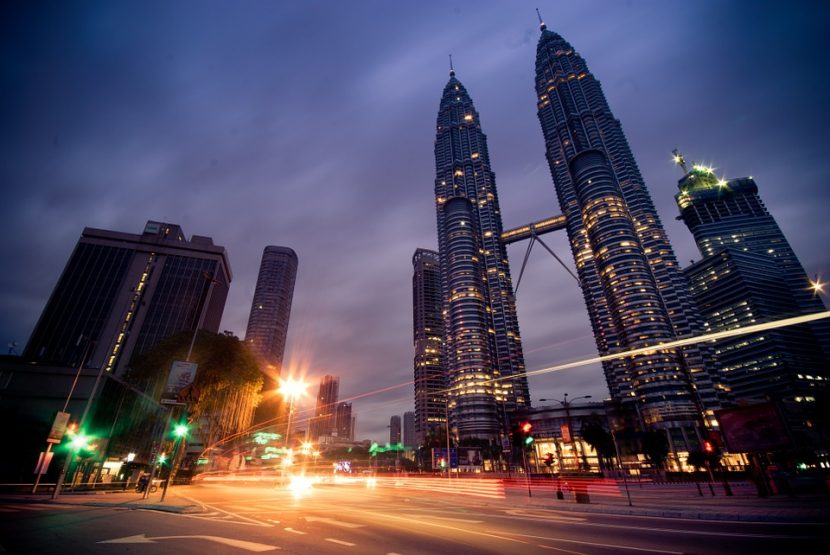FREE MALAYSIA TODAY. 14TH JUNE: Tighter restrictions might bring more revenue in the short term, but an economist says there will be fewer positive spillover effects.
The government has been urged to reconsider the Malaysia My Second Home (MM2H) programme as more than a way to boost government revenue by attracting only wealthy foreign residents.
Tebrau MP Jimmy Puah said the programme could help relieve the national housing overhang if current MM2H requirements were relaxed so that more foreigners would qualify.
Economist Carmelo Ferlito said tighter restrictions would lead to fewer applications, which in turn would lead to fewer positive spillover effects on the economy.
Donal Crotty of the Irish Chamber of Commerce said the higher requirements and the government’s changes in policy had damaged Malaysia’s credibility among expatriates.
Their comments come in the wake of a statement by home minister Saifuddin Nasution Ismail that tighter requirements for the programme had attracted more “quality applicants”.
New MM2H conditions introduced in 2021 raised the qualification level by more than three times.
Applicants are required to have permanent savings of at least RM1 million (up from RM300,000) and liquid assets of at least RM1.5 million (previously RM500,000) and a monthly offshore income of RM40,000 (up from RM10,000).
Saifuddin said the government had netted “close to RM1 billion” over the past year.
However, the figure was challenged by Anthony Liew, president of the MM2H Consultants Association.
He said the home minister’s figures did not reveal the full picture, as not every applicant would deposit RM1 million.
“They consider the cases individually, but the RM1 million deposit is only for one family,” he said, with an additional RM50,000 required for each dependent.
This means that for a family of three, a sum of RM1.1 million in permanent savings would be required, but three separate applications must be filed.
“Where you get the RM1 billion, I don’t know,” he told FMT.
Puah said the current requirements are too high and should be revised to “somewhere in between” the current sum of RM1 million and the previous RM300,000.
Allowing more foreigners to qualify could help to deal with the huge number of homes unsold. Puah said that more than 20,000 residential units remain unsold in Johor.
“Obviously, the domestic market cannot digest this number, so we need foreign buyers to come in and rejuvenate (the market),” he told FMT.
Ferlito, CEO of the Center for Market Education, said a focus solely on government revenue might work against the nation’s interests.
Higher requirements “means you have fewer people spending money in the country and that means fewer employment opportunities and less revenue for businesses.”
As a result, the government stands to lose out on revenue it could potentially obtain through indirect taxation, Ferlito said.
Crotty said the new requirements had damaged Malaysia’s reputation among expatriates as an ideal location for retirement.
He described the requirements as “an excessive focus on revenue for the government” which had changed MM2H from a retirement relocation programme to one targeting the wealthy.
“If that is the sole purpose of the scheme – to collect money – then it should be combined with the PVIP (premium visa programme) and not be positioned as MM2H,” he said.
The PVIP aims to attract rich investors to Malaysia, similar to Golden Visa initiatives in Singapore and Thailand.
He urged the government, particularly Saifuddin, to get the perspectives of expats, chambers of commerce and other stakeholders.
Taking these steps would go far to reverse the effects of MM2H revisions, which “had a major impact on the attractiveness of Malaysia as a place to love, live, and invest.”


